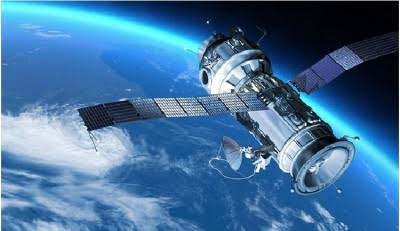Defence Space Agency to have 50 military satellites over the next five years

The time has come to upgrade the Defence Space Agency into full fledged Defence Space Command. Over the next five years, Defence Space Agency plans to launch 50 satellites to gather geo-intelligence. The satellites will create a layer in different orbits, allowing them to track troop movements and image thousands of kilometers of area.
These satellites will be launched by our Indian Space Research Organization. ISRO Chief S Somanath said in a seminar that it is important to improve the ability of satellites to detect changes, to bring in more of AI-related and data-driven approach to analyse data, reduce data downloads and get only the necessary information.
Spacecrafts are capable of observing a country’s borders and neighbouring regions, he noted.
“All of it can be seen from satellites. This capability gives us enormous potential. We have been launching satellites to handle this, but there is a different way of thinking now and we need to look at it in a much more critical manner because the power of (any) nation is the ability to understand what is happening around it,” Somanath further added.
50 satellites have been configured, to be realised in the next five years and this is going to be launched for our Defence Space Agency for supporting geo-intelligence. The ISRO chief added “With India launching satellites at this scale, threats to the country can be better mitigated.”
“We have found out a way by which a layer of satellites can be launched starting from GEO (geostationary equatorial orbit) to LEO (lower earth orbit) and also very low earth orbit where we need very critical assessment of some situation,” he said. This is a new domain which is coming up not only in optical, but also in SAR (synthetic aperture radar), thermal and various other technologies, Somanath pointed out.
“We will have communication between satellites, so that if some satellite detects something, which is at GEO at 36,000 kms, it can have a large view. If you find some activity happening, you can task another satellite in the lower orbit (to check) much more carefully and then give more information,” he said.
“We are also looking at imaging, not a very small area (but) thousands of kilometers of area and we would like to cover entire borders in everyday cycles. This is a tremendous capability that we are building if we are able to launch these satellites in the next five years,” he said.
ISRO is India’s space agency, which uses science, engineering, and technology to benefit India and humanity.
ISRO also plans to launch a spacecraft to orbit Planet Shukra in 2024 or 2025. The spacecraft will orbit Shukra for five years to study the planet’s atmosphere.



